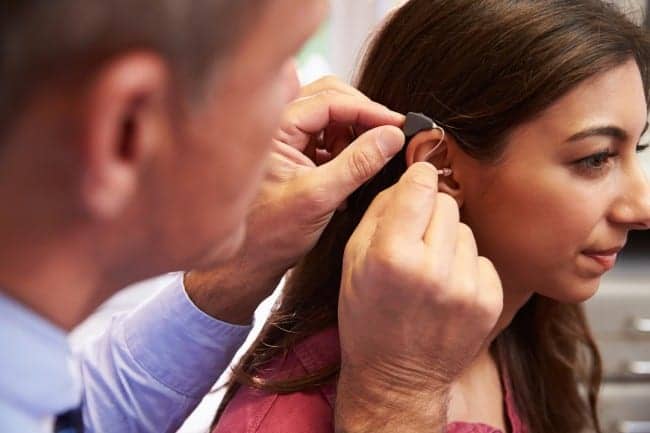By Melanie Hamilton-Basich, Chief Editor, The Hearing Review
As we enter a new year, it’s great to start it off with news acknowledging that audiology professionals can expect to have a bright future in their chosen career. The job titles audiologist and hearing aid specialist were recently again ranked among the top healthcare jobs by U.S. News & World Report for 2024 and among the top 100 jobs overall. And it’s no wonder. Music audiologist is just one example of a subspecialty of audiology that provides job satisfaction and a desirable salary, with the need for such services projected to grow immensely in the coming years.
As pretty much every hearing care professional I’ve ever talked to has told me, one of the major reasons they chose their career is because improving people’s hearing can be extremely rewarding. But it doesn’t hurt to be compensated for the work and have an expectation of continued employment down the road.
By the Numbers
While not right at the top, audiologist ranked at No. 20 on the more specific “Best Health Care Jobs” list for 2024. Audiologist also ranked at No. 76 on the “100 Best Jobs” list, which was up considerably from the No. 90 spot it held in 2023. In detailing the reasoning for these rankings, the report notes that while audiologists experience above average stress levels due to the work environment and the complexities of the job’s responsibilities, they also benefit from above average flexibility, reflected in positive work-life balance, compared to other professions included in the survey.
The job of hearing aid specialist was ranked highly in several career categories for 2024. Most notably, hearing aid specialist claimed the top spot on the list of “Best Jobs Without A College Degree” this year and moved up 50 spots to No. 32 on the “100 Best Jobs” list. This career segment also was No. 4 on the “Best Health Care Support Job” list, up from No. 15 in 2023. It did move down slightly from No. 8 to the No. 9 spot on the list of “Highest Paying Jobs without a Degree.”
According to the Bureau of Labor Statistics data referenced by U.S. News & World Report, average salaries appear to have increased in recent years for hearing aid specialists while they have decreased for audiologists. But there should certainly be no shortage of audiology jobs in the future, with an aging population increasingly experiencing hearing loss and needing hearing care. And the need for audiology services will hold true across all specialties.

Music Audiology
Speaking of specialties, in this issue of The Hearing Review, you’ll find articles covering different aspects of music audiology. This is a specialized field within audiology, and learning more about what music audiologists do could help determine when to refer clients to one of these professionals to meet their specific needs. But there are also many more broadly applicable strategies discussed in these features that can be used by all hearing care professionals.
For example, using a human-first approach with clients, instead of relying too heavily on technical information during consultations especially, can help build trust and get to the heart of what will meet patients’ hearing care needs, whether they’re musicians or not. Meeting clients where they’re at, figuratively if not physically, can go a long way toward making a meaningful connection. And whether or not you’re fitting a client for custom devices, delving into a patient’s needs, preferences, and specific situations requiring hearing assistance or protection goes a long way toward providing effective individualized care.
You’ll find more new articles on how different hearing care clinics approach treatment for music professionals and music lovers on www.hearingreview.com, as well as news and articles covering wide-ranging topics for those who have chosen a top-tier career in hearing care.
— Melanie Hamilton-Basich
Photo: Dreamstime
Original citation for this article: Hamilton-Basich H. A Top-Tier Career. Hearing Review. 2024;31(1):6-7.



